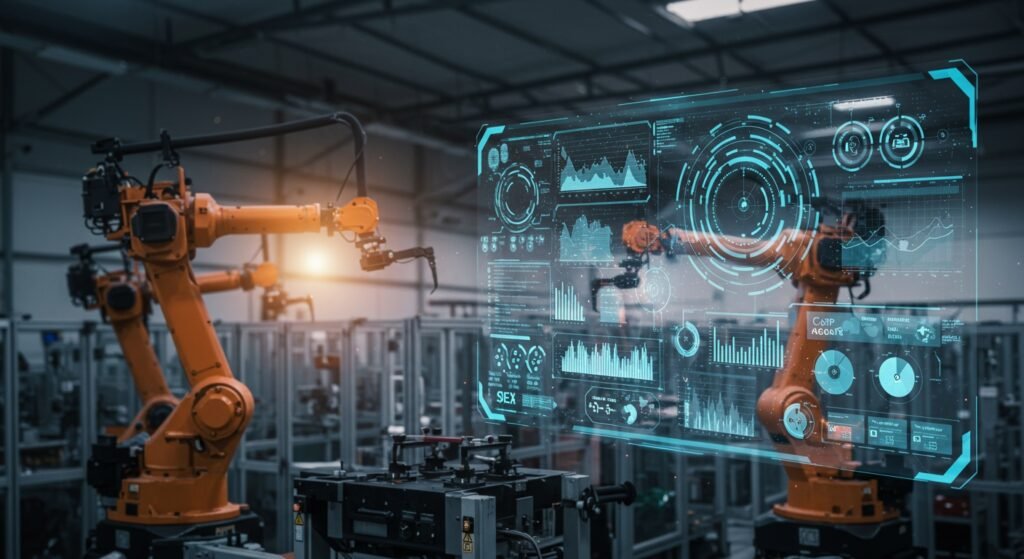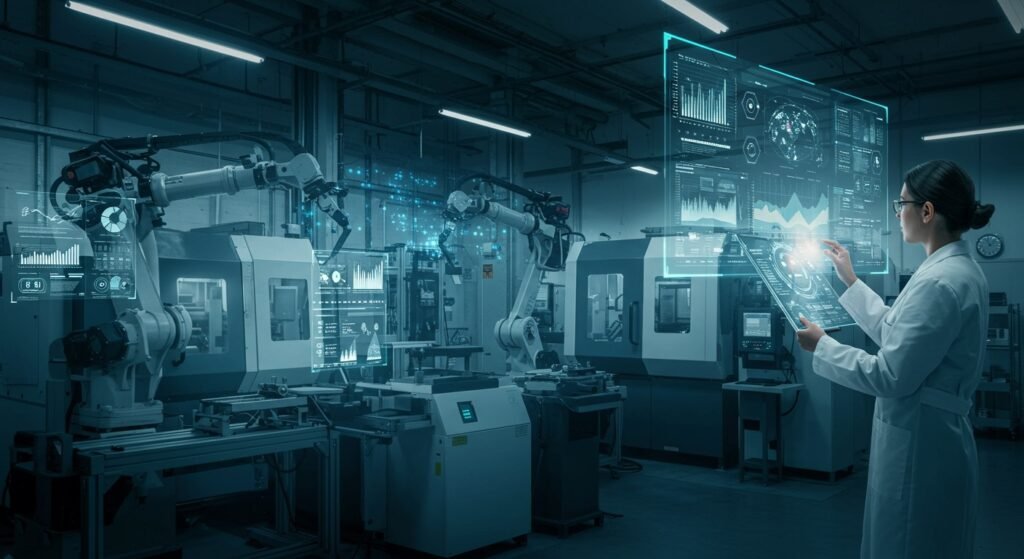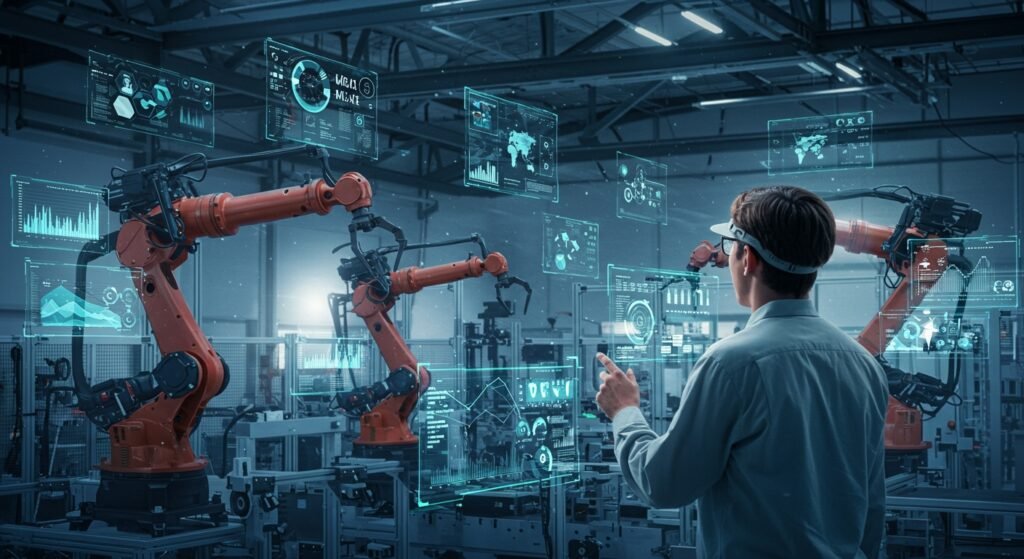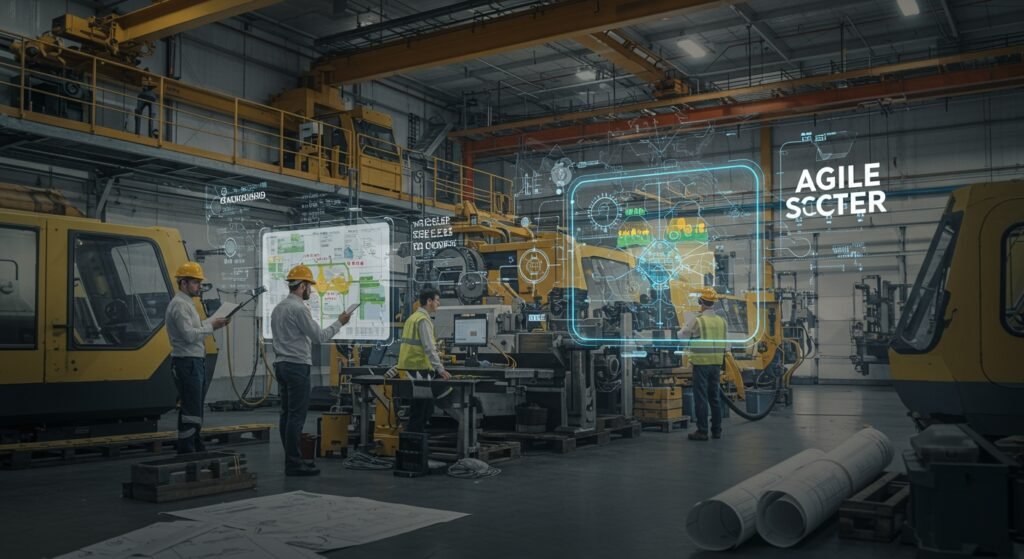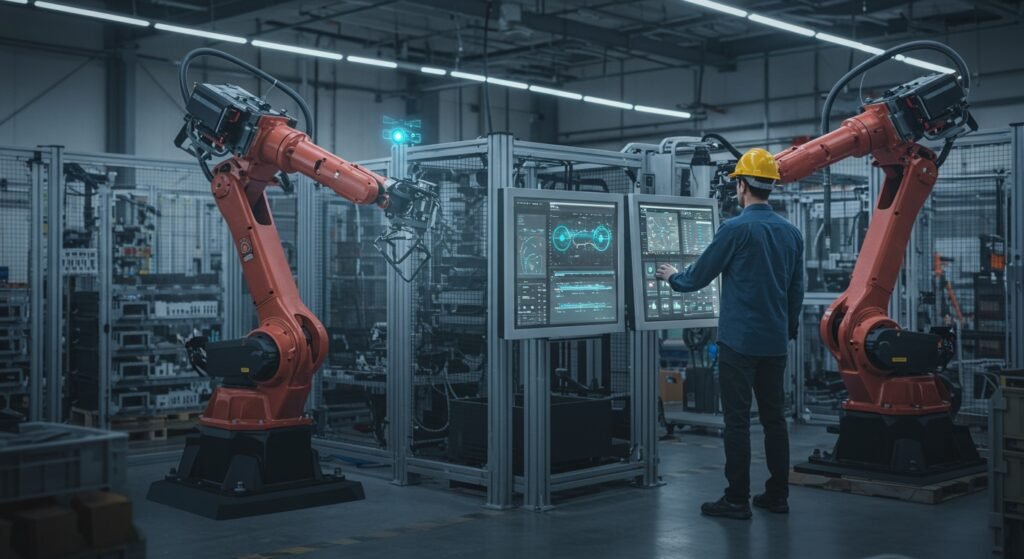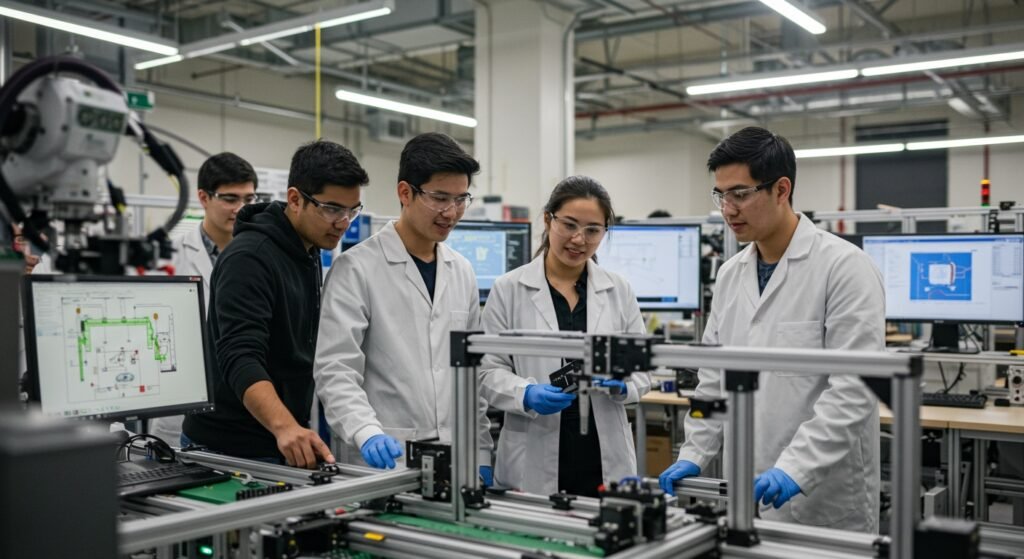7 Amazing Benefits of Capacity Planning with Machine Learning in 2024
In today’s fast-paced industrial landscape, optimizing resource utilization is paramount. Traditional capacity planning methods often struggle to keep pace with dynamic market demands and unpredictable shifts. This is where Capacity Planning with Machine Learning emerges as a transformative solution, offering unparalleled precision, adaptability, and predictive capabilities. By leveraging advanced algorithms and vast datasets, organizations can […]
7 Amazing Benefits of Capacity Planning with Machine Learning in 2024 Read More »
